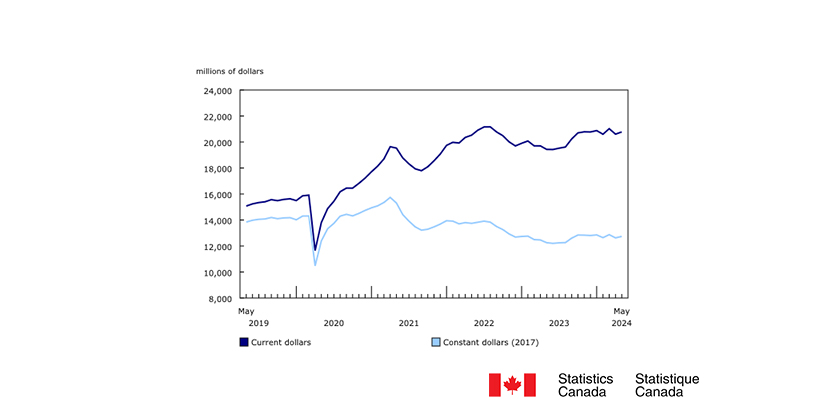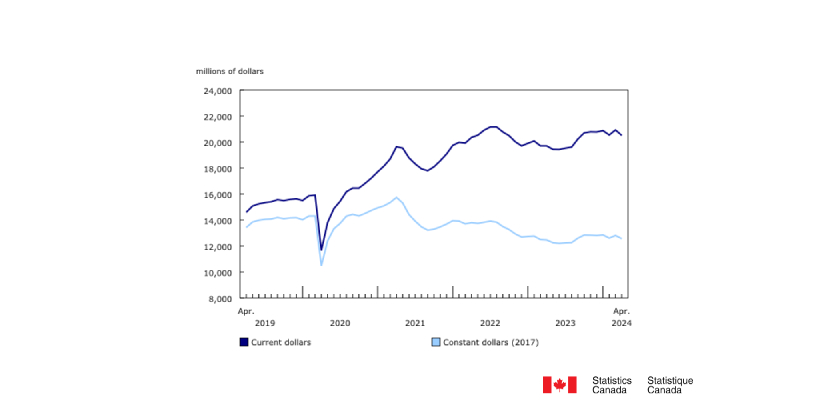Top 6 Benefits of Local Sourcing

June 26, 2017
By Zachary Smith
It’s no secret that many of today’s businesses maintain global supply chains. However, what may be a secret is just how much procurement professionals would prefer to source locally instead.
According to a recent buyer survey conducted by ThomasNet, 72% of buyers “always or generally” prefer to source locally. In comparison, just 10.8% of respondents “always or generally” prefer to source globally. In fact, nearly half of suppliers (46.7%) actually “rarely or never” prefer to source globally at all.
Clearly, most buyers prefer to keep the supply chain as close to home as possible. Here’s why:
1. More reactive
You never know when an opportunity will strike or a challenge will arise. For instance, you can receive a highly lucrative bid from a great customer, or an existing client may need you to ramp up to meet demand. Will you be ready?
If you source locally, the answer will probably be yes. That’s because local suppliers are typically more reactive than suppliers who are farther away. They are able to deliver products more quickly, and it is much easier for a supplier to coordinate a shipment across the neighbourhood than around the world.
2. Greater control
The further away you are from elements of your supply chain, the less control you have over them. Suppliers may say that they treat all of their customers and purchase orders the same, but if they anticipate a site visit or a drop-in meeting from you, chances are they will keep you top of mind.
Face-to-face visits will allow you to address any concerns and ensure all products meet your standards. There’s also less chance of things being “lost in translation,” which often occurs when working with far-flung teams of people, many of whom aren’t actually on the floor and touching your products.
3. Reduced supply chain costs
If you are tightening your budget, you should consider tightening your supply chain as well. The amount of money companies spend on logistics every year is staggering, with North American companies spending over US$1 trillion.
North American businesses send and receive parts and products all over the continent and the country, and the expenses can add up as quickly as the miles. Even then, these pieces have to be stored in warehouses until they are shipped again to the next supplier or, if you’re lucky, the customer.
Many of these costs can be reduced by localizing your supply chain. And, with less money being sunk into logistics, there will be less weighing down your bottom line.
4. Better for business
Local sourcing doesn’t just help save money; it can also help you generate more of it. That’s because companies in your region may be impressed by your efforts to keep a tight and fast-paced supply chain, which can help you attract new customers.
Integrate your commitment to local sourcing into your marketing and selling efforts. In fact, consider integrating it into your unique selling proposition.
5. Good for the community
It stands to reason that if sourcing locally increases your bottom line, it would do the same for other suppliers and manufacturers in your area, which can be a big boon to your local economy and the people who live there.
Happy, well-paid employees are more likely to invest in local businesses. Additionally, respected and well-off businesses are in a position to contribute to communities through fundraising, volunteering, benefits, and sponsored activities.
6. Helps the environment
Localizing your supply chain represents a tremendous opportunity to help the environment. When you reduce shipping and storage, you also reduce emissions and energy usage.
Local sourcing is good for your business, your community, your friends, neighbours and even the planet. So what are you waiting for? Find suppliers near you today.
Zachary Smith is a print, creative, marketing, and technology writer. Zachary frequently contributes manufacturing and supply chain articles from the millennial perspective to Tom Talks, and will gladly grab a cup of coffee with you some time; http://blog.thomasnet.com/author/zachary-smith.
This article was first published as a ThomasNet blog
















